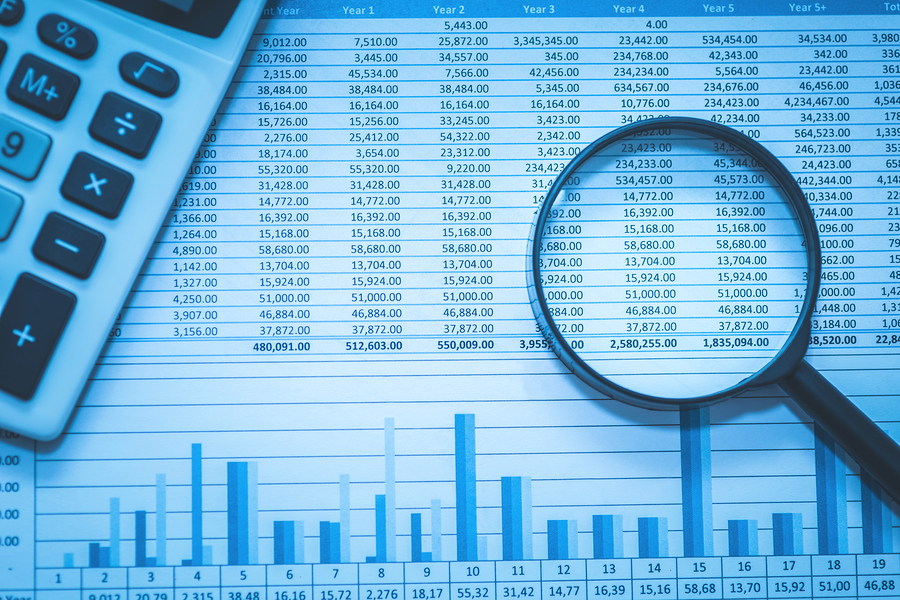Forensic accounting expertise is increasingly sought after these days. But what does a forensic accountant do, what needs does he meet and what are the future prospects of this profession? We talked to Vicky Poirier, president of the Quantum Juricomptable firm.
“No company today wants to find themselves before a Charbonneau Commission No. 2,” Vicky Poirier says. “There are many requests. Managers want to prevent the risk of fraud and are therefore open to the work of forensic accountants.”
So the profession of forensic accountant is booming. It is not only involved in fraud detection, but prevention as well. When the profession emerged in the 1990s, the forensic accountant primarily had to investigate, determine the value of a litigation with objectivity and independence, and act as an expert witness once the fraud had taken place, but the role has developed since. “In 2018, the forensic accountant also does a lot of work to prevent fraud and malicious acts,” explains Vicky Poirier. “He now acts as a consultant both before and after the fact, in order to prevent fraud from happening.”
What does the forensic accountant do?
“Where the company is likely to be defrauded, the forensic accountant will implement controls,” says Vicky Poirier. “He will also train staff to be able to detect indicators of fraud.” How is fraud prevented? For example, Vicky Poirier’s firm offers its clients a reporting line “so that clients or employees can anonymously and confidentially disclose wrongdoing”. Once a fraud has been reported, interventions are planned.
What companies are involved? “It’s very diverse”, explains Vicky Poirier. “At Quantum Juricomptable, half of our clients are in the public and parapublic sector. They are organizations, municipalities, teaching institutions, the health care system, etc. The other 50% are from the private sector, from SMEs to large companies, such as insurance companies or financial institutions.” Cases can be criminal or civil in nature.
What qualities are required?
Because he has to analyze and cross-reference thousands of data points, the forensic accountant must be both conscientious, rigorous, curious by nature and love “to get to the bottom of things”, Vicky Poirier says. In addition, because he will have to produce written reports and will be called on to testify in court, he must be “a good communicator, both in writing and orally”, she adds. His work also includes a whole investigative component, with “interviews and interrogations for which strategies must be developed to get the person to talk”.
As for the necessary training, “you can practice without having the CA-CFF designation (Chartered Accountant Certified in Financial Forensics), but when it comes time to testify as an expert in court, the title will give much more credibility”, explains Vicky Poirier who, in her firm, only has employees who hold the title.
